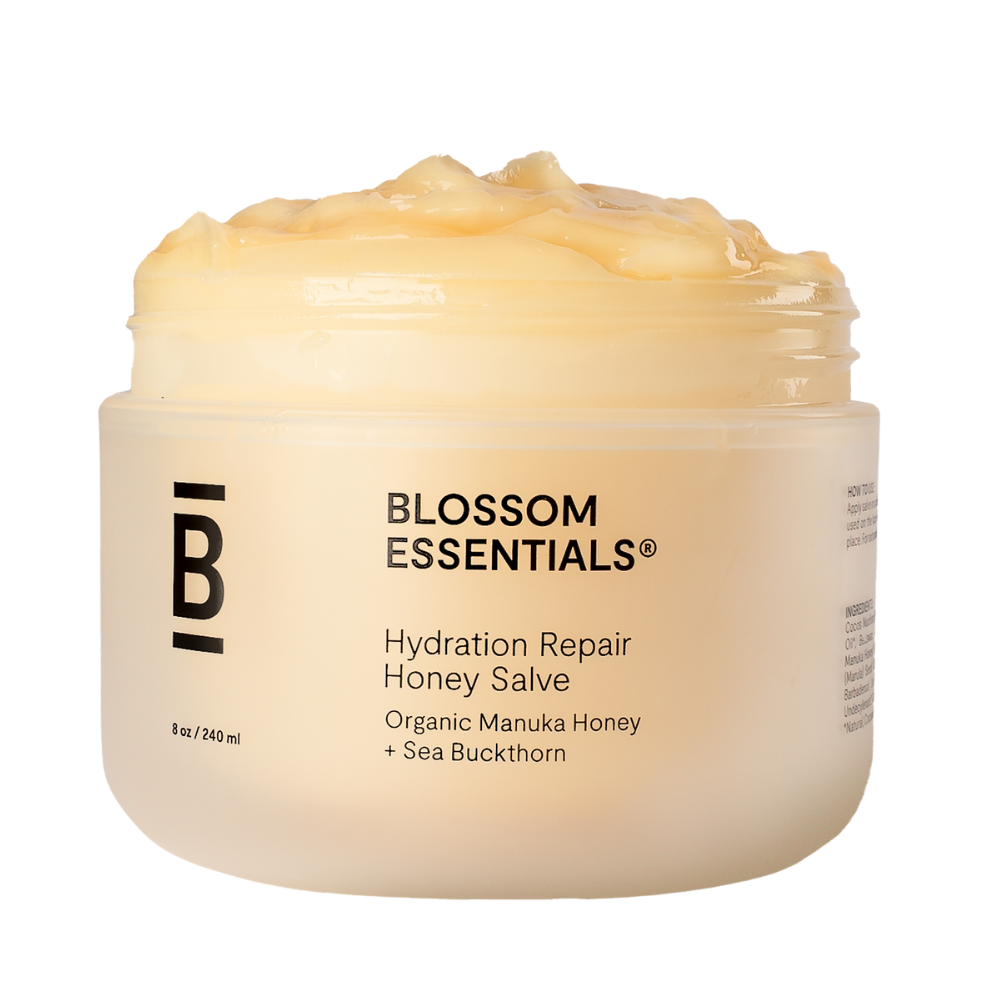Similarly, an earlier study by Alvarez-Suarez et al.(5) found that it was Manuka honey’s unique chemical composition, including high levels of methylglyoxal (MGO) and other bioactive compounds, contributes to its effectiveness. The authors also noted that Manuka honey had a remarkably low pH, which inhibits microbial growth and promotes the bactericidal actions of macrophages, making it a valuable natural remedy for skin-related issues.
Other interesting findings regarding Manuka honey highlighted its antioxidant properties, which help protect against oxidative damage, reducing DNA atrophy and enhancing the activity of
antioxidant enzymes. These attributes suggest that Manuka honey can be an effective natural supplement for improving skin health and treating infections,
making it a promising alternative in wound care and dermatological applications.
In 2022, a study by Arora et al.6 focused primarily on the antibacterial, antifungal, and anti-inflammatory effects of Manuka honey, wherein the researchers underscored Manuka honey’s ability to decrease the progression of eczema by reducing bacterial colonization and inflammation. Another study by Alangari et al.(7) (this time in 2017) tested the effect of a direct application of Manuka honey on atopic dermatitis over the course of seven days, concluding that “atopic dermatitis lesions significantly improved post Manuka honey treatment versus pre-treatment as compared to control lesions”.(7)
Finally, although not working specifically with Manuka honey, Al-Waili et al.(8) showed that a mixture of natural honey, beeswax (another key ingredient in our Hydration Repair Honey Salve), and olive oil effectively treated atopic eczema and psoriasis. This mixture also inhibited the growth of Candida albicans, a dermatophytic species causing dermatoses.
All in all, these and many other studies collectively highlight Manuka honey’s potential as a therapeutic agent for managing skin conditions, emphasizing its unique chemical composition and natural production methods.




















